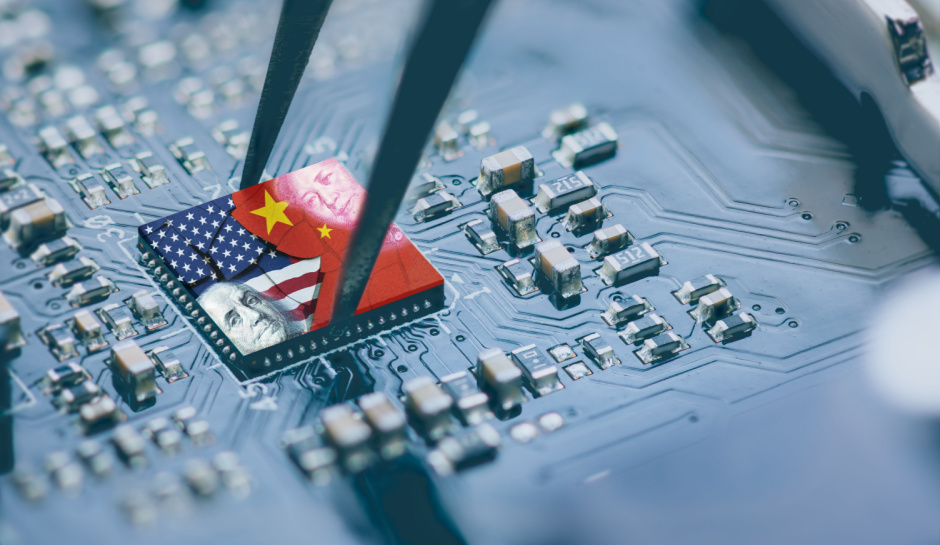China declares US chips unsafe, urges companies to use domestic semiconductors
China has hit back with sanctions of its own

- China has shadow-banned US semiconductors
- The sanctions hit back against US export controls for chip manufacturing kit
- China has also restricted exports of rare minerals used in military devices
China has hit back against the latest round of US sanctions by declaring US semiconductors "no longer safe" for use by Chinese organizations.
The US recently issued its third round of sanctions to limit China’s ability to produce semiconductors domestically by restricting companies from selling chip assembly technology to the nation.
China did not offer any evidence or reasoning as to why US semiconductors were unsafe, but it is likely an attempt to steer Chinese markets away from using imported chips from companies such as Nvidia, AMD, and Intel and on to domestic productions.
Chip war continues
China’s warning isn’t a ban on US chips per se, but the Internet Society of China told companies to carefully consider their choice of semiconductor manufacturers, and urged organizations to use China’s growing domestic market of chips “proactively.”
Last year, China added several specific semiconductors produced by Intel, AMD, and other chip manufacturers to a blacklist, forcing companies to shift away from Western technology. Moreover, a group representing China’s cybersecurity professionals claimed that Intel was installing backdoors into CPUs to be used by the NSA for espionage.
Additionally, China has banned the export of gallium, antimony, and germanium to the US due to their use in both military and civilian applications. China accounts for 98% of the world's raw gallium production, 48% of antimony, and 83% of germanium, causing prices to skyrocket and likely forcing the US to seek alternative sources.
As part of the warning against the use of US semiconductors, the China Association of Communication Enterprises has urged Beijing to investigate potential supply chain vulnerabilities in critical infrastructure that use Western-produced semiconductors.
Via Reuters
Are you a pro? Subscribe to our newsletter
Sign up to the TechRadar Pro newsletter to get all the top news, opinion, features and guidance your business needs to succeed!
You might also like
- These are the best endpoint protection services
- Chinese rival to Intel and AMD vows to close performance gap with trio of CPUs nicknamed Three Musketeers
- Take a look at our guide to the best VPN for China

Benedict has been writing about security issues for over 7 years, first focusing on geopolitics and international relations while at the University of Buckingham. During this time he studied BA Politics with Journalism, for which he received a second-class honours (upper division), then continuing his studies at a postgraduate level, achieving a distinction in MA Security, Intelligence and Diplomacy. Upon joining TechRadar Pro as a Staff Writer, Benedict transitioned his focus towards cybersecurity, exploring state-sponsored threat actors, malware, social engineering, and national security. Benedict is also an expert on B2B security products, including firewalls, antivirus, endpoint security, and password management.